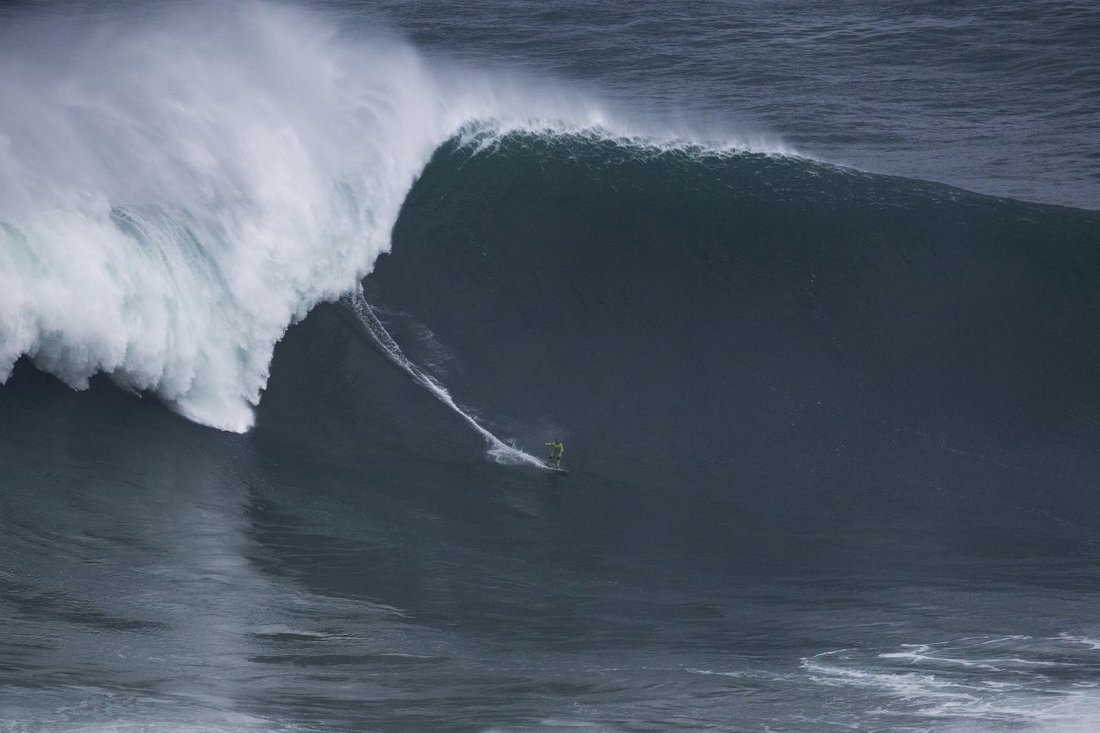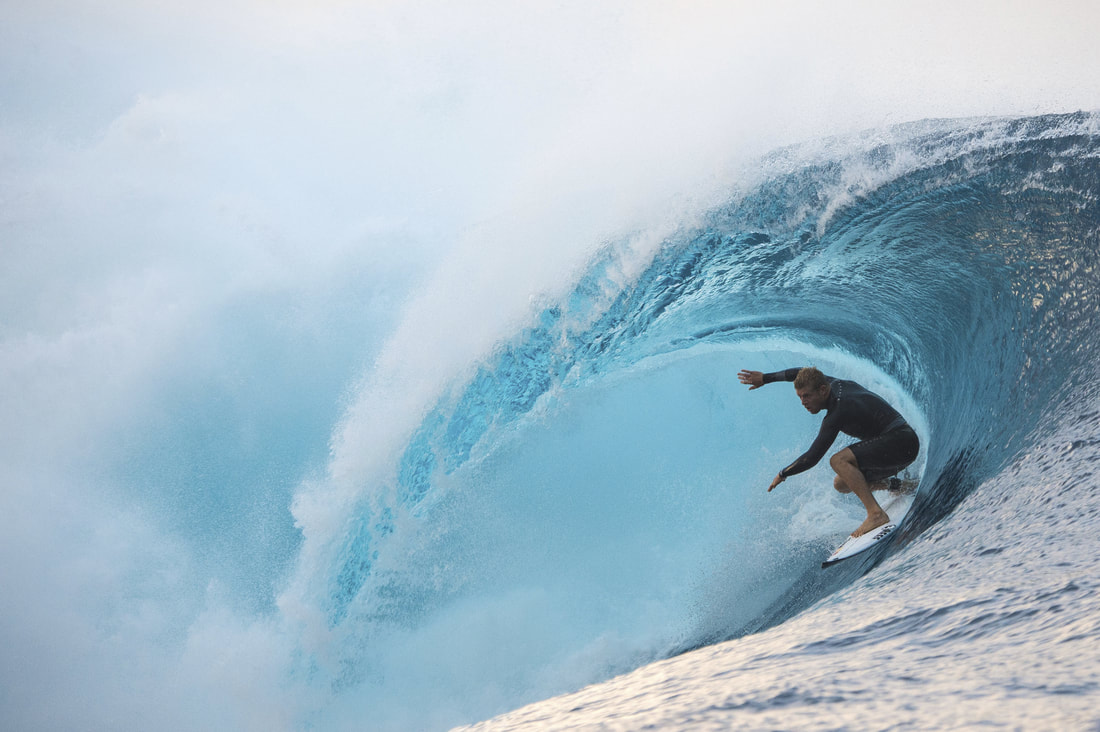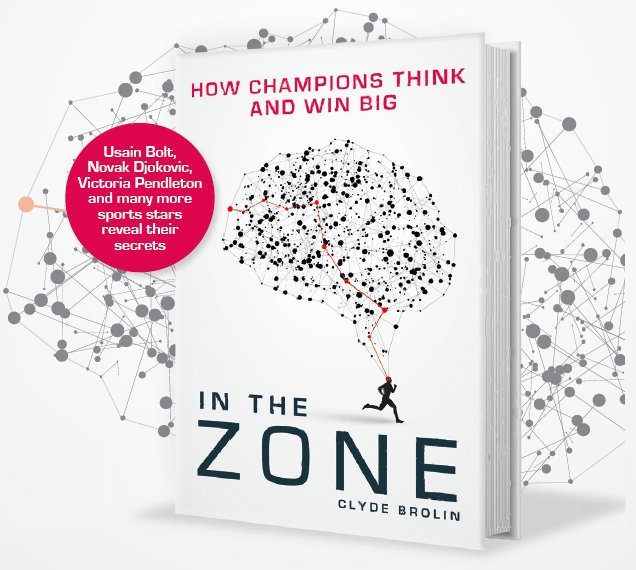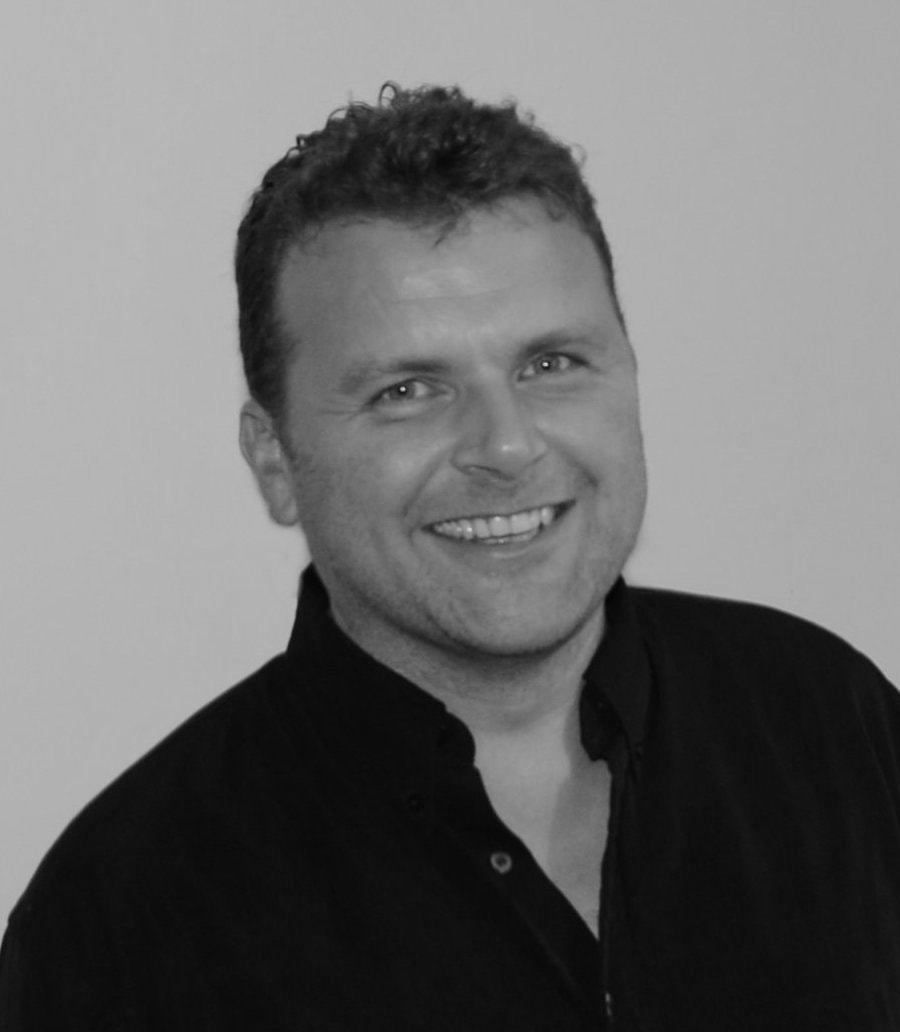|
Many thanks to the Euronews website LivingIt for featuring a selection of new articles - based on In The Zone - exploring the mental side of performing at the absolute limit in some of the most extreme sports out there. Ahead of this weekend's Ironman World Championship at Hawaii's Kailua-Kona, hear from the 2015 and 2016 world champion Jan Frodeno (pictured above). The German is clearly one of the fittest human beings on the planet but you can find out why he considers that even in the ultimate physical challenge, the difference between the best and the rest is always about mental strength. Click here to read all about it... It is now seven years since Roz Savage completed the final leg of a truly epic adventure, becoming the first woman to row single-handed across the Atlantic, Pacific and Indian Oceans. She told me she didn't feel strong mentally at first, but over the course the experience of taking on such a huge challenge she learned all about the true meaning of resilience. Click here to find out more... Finally, in an exclusive interview big wave surf legend Garrett McNamara describes the spiritual experience involved in taking on the most violent experiences nature can throw at us: 'I look at the tallest tree, the mountains, the ocean and the universe, attract it and breathe it all in...'
If you want to feel the force, read on.
0 Comments
In a series of famous experiments dating back half a century, scientists tested expert chess players on their ability to recall a board they had seen for a few seconds. When the set-up came from a genuine match the masters could accurately place most of the pieces, faring much better than inexperienced players. But when the pieces were just scattered randomly the experts fared little better than the novices. The conclusion was that chess masters are busy ‘chunking’ the individual pieces into recognisable patterns they remember from previous games. And it seems this effect can apply anywhere, no matter how apparently ‘cerebral’ the pursuit – or indeed what type of board you use. That's why Mick Fanning considers himself lucky to grow up on the coast of South Australia, learning to surf when he was five. This lifetime of education on the water set him up to earn a living from what he loves most. Now known as ‘White Lightning’, he has been crowned world surfing champion three times. ‘The ocean is forever changing so you never know what it will dish up each day,’ says Fanning. ‘You can have the same charts but every wave is totally different. Like anything, with experience you see the different shape of the wave or a different movement in the ocean and think: “I remember that back then…” It becomes a sixth sense for some people. There are surfers who always find themselves in the perfect place in the line-up but that’s just from experience and reading the ocean.’ There are limits. Fanning was competing at South Africa’s Jeffreys Bay in 2015 when every movie lover’s worst seaside nightmare suddenly got real. He felt a presence behind him, then heard a splash. The fin that duly appeared next to him was not a dream, it belonged to a 12-foot-long great white shark. The Australian’s instant reaction, captured on live TV and since viewed 24 million times on YouTube, was to hit out and wedge his surfboard between himself and his aquatic acquaintance, which bit off his leash. A response team eventually picked Fanning up, by which time he’d saved himself from turning into main course for one reason: he was in the Zone. ‘Throughout that whole day I felt amazing,’ Fanning tells me. ‘If you can get in that Zone and not think, it just becomes autopilot. That’s when you’re in your best form, and it’s what we focus on as athletes. So it was probably a blessing in disguise that this happened during an actual event and I was so centred at the time. If I wasn’t in that place maybe something else could have happened and I wouldn’t have reacted that quickly. ‘To be totally honest when I got back to land and saw the footage, I was sitting there wondering: “When did I make this decision? Or that one?” To me it went on a lot longer than what the footage showed. It felt like a good five minutes when it was really just ten seconds. But I guess that’s how fast the mind works.’ This is another classic component of life at the limit – in car crashes and other near-death experiences. When we are scrabbling for a way out of trouble, the brain is awoken from its everyday ‘tick-over’ slumber mode by a sudden influx of adrenalin and speeds up accordingly. Survivors consistently report the outside world – such as the shards of glass shattering on the windscreen – going into slow-motion. This ‘fight-or-flight’ mode doesn’t let us move our limbs any faster but our decision-making does accelerate, as long as we don’t go into panic mode and freeze. At our highest peak of total concentration it seems we can not only bend space, we can bend time too. Fanning was already at such an extreme of focus he could slip straight into the right state, fitting 300 seconds worth of critical life-saving calculations into ten. Even more mind-blowing is the fact Fanning was back surfing within a week. He admits to feeling jittery when he heard splashes near him yet he found a way over it: a year later he returned to Jeffreys Bay and won the event. ‘It was one of those moments that sticks out, that’s for sure,’ he deadpans. ‘It put me off a bit from getting back in the water but the more time I took away from the ocean was going to make it even harder. So I just felt I needed to get back in and get on with life. We get dealt with different adversity through life: you can be crippled by it or you can move forward. I always try to take a step forward. I’ve been lucky to be in the ocean my whole life so to have one incident… I put it in the same perspective as when you’re walking across the street and almost get hit by a car. That happens to people every day and others have been hit. So I consider myself extremely lucky.’ This extract is from In The Zone: How Champions Think and Win Big - out in paperback tomorrow... |
AuthorClyde Brolin spent over a decade working in F1 before moving on to the wider world of sport - all in a bid to discover the untapped power of the human mind. Archives
October 2024
Categories
All
|






 RSS Feed
RSS Feed

